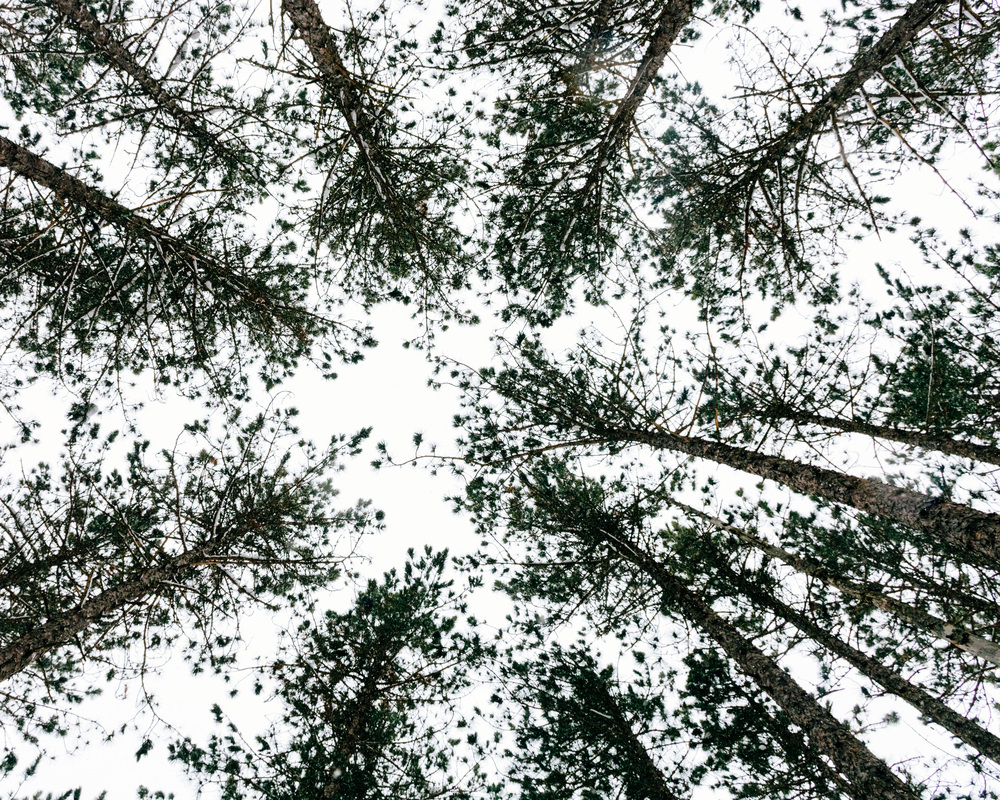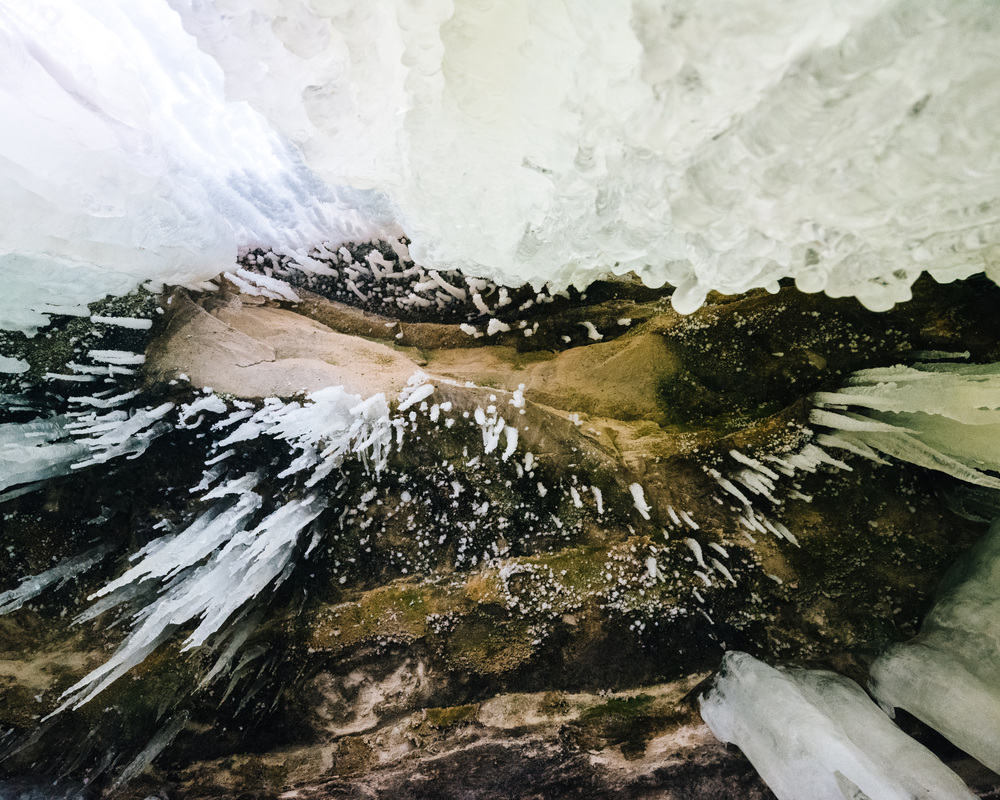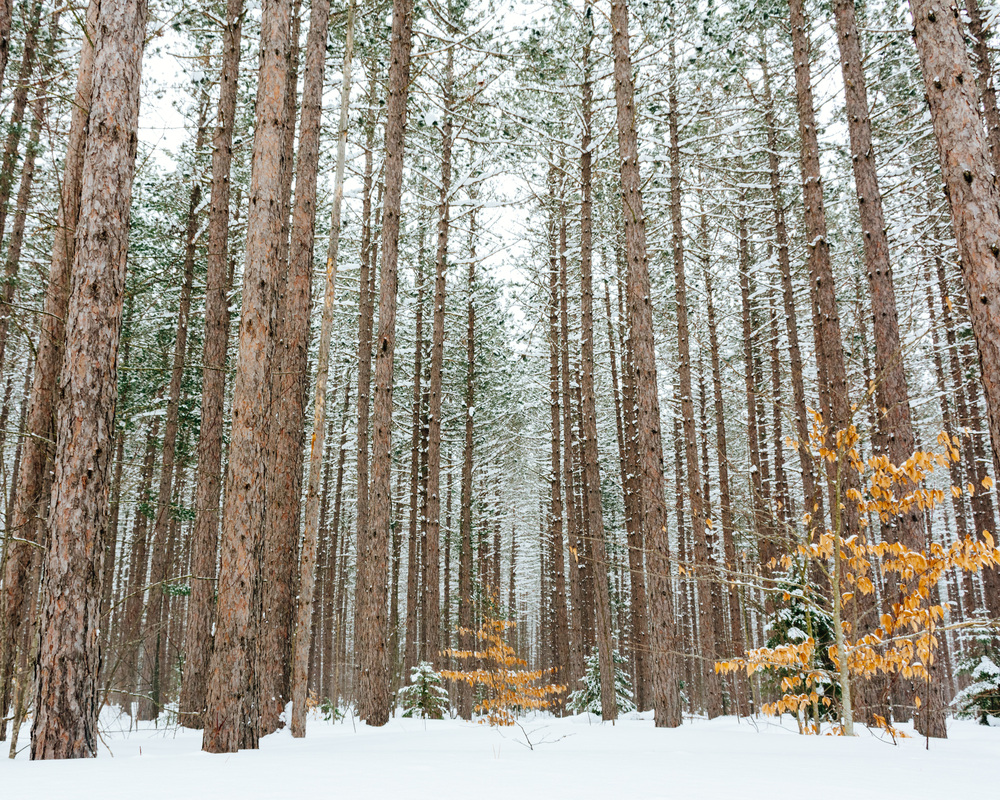STEM-based LearningNatural Science Road Show is informal, STEM-based environmental education at local schools (while our Mary E. Fritsch Nature Center undergoes an assessment and possible reconstruction after the detection of mold).
The project is a series of 6 multi-component discovery programs: Birds, Physical Forest, Insects, Sensational Seeds, Tracks, and Cooking with the Sun. We have physical exhibits, in-school field trips (outreach), and professional development courses.
|
|
|


